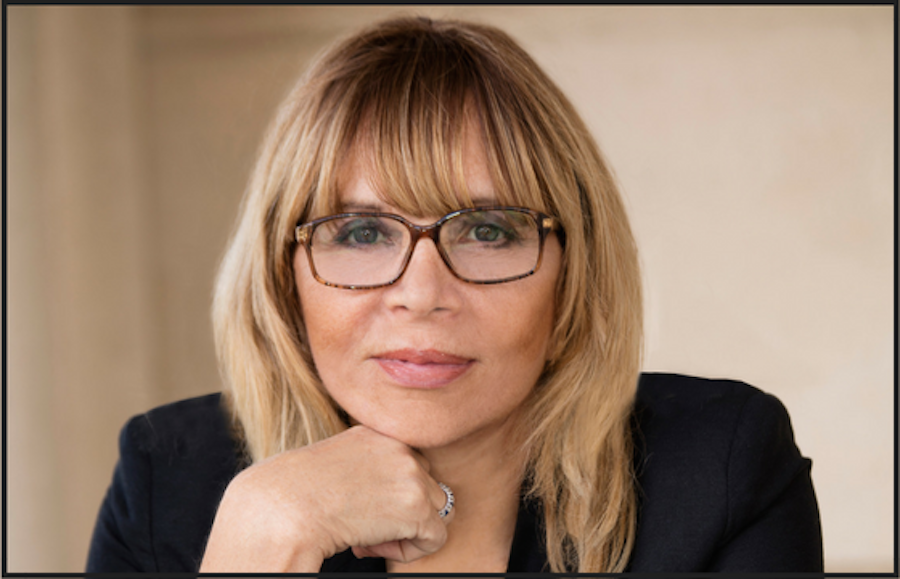I’ve Been Thinking … Self Care in Troubling Times

You Are Not Going Crazy
Since the early 1990s, when I started working with people dealing with acute stress and post-traumatic issues, the most frequently asked question I hear is, “Hey Doc, am I crazy?” In reassuring someone that his or her responses are appropriate for having survived or witnessed an accident, shooting, or disaster, I am often asked, “How do you know for sure?” This may sound facetious, but in my clinical experience I have found it to be true: Crazy people never ask this question. Someone with a psychiatric illness tends to believe that his or her model of the world is accurate and that one is only disturbed because another person or the rest of the world has done something “wrong.” I must reiterate that there is no formal research to back this up. It is an anecdotal observation based on nearly three decades of clinical work with hundreds of individuals.
Sometimes, the initial stages of acute stress—shock, numbness, difficulty concentrating, and fear—resolve on their own. When they persist, they can lead to impaired decision-making, anxiety, intrusive flashbacks in which you relive the most horrifying moments, difficulty eating or sleeping, and ashes of irritability. Let’s not forget hypervigilance—being flooded with dread—and feeling like your body is hotwired, making you want to jump out of your skin. It cannot be overemphasized that acute stress reactions are not indicators of mental illness. These are all normal reactions to an abnormal situation.
When acute stress persists for more than three months it is called Acute Stress Disorder (ASD). It is easy to confuse the two but one key difference between PTSD and Acute Stress Disorder is that PTSD tends to be chronic, with symptoms that can surface spontaneously years later.
Information Is the Best Defense. When you know what you’ve got, you can take better care of yourself. Sometimes, a critical incident can be a wake-up call for us to start doing that. On a daily basis, first responders and emergency medical personnel put their patients’ needs first. From time to time, it takes a critical incident to make them aware that they need to manage their acute stress so that they can continue to excel at what they do.
Expecting the Unexpected
Whether you are trying to help someone in need, or you yourself are in shock, the gift of patience will prove invaluable. While we cannot know specifics ahead of time, understanding how we are likely to be impacted at some point in the future will lessen the shock. In the immediate aftermath, we can expect changes in sleep patterns, appetite, and breathing. There may be dizziness, headaches, muscle tension, digestive issues, and rapid heartbeat. Internal emotional responses may range from a “deer in the headlights” paralysis to numbness, shock, fear, depression, and guilt. We may feel sorrowful, lonely, vulnerable, frustrated, or angry.
Or all of the above.
Our behaviors—how feelings get expressed—can range from crying, outbursts of anger, irritability, substance abuse, loss of self-worth, a sense of hopelessness, and withdrawal from others. These patterns are usually short-lived and resolve naturally. Knowing how to deal with probable reactions ahead of time can help you conserve your energy, although none of us can predict exactly how we are going to feel in the moment.
Questioning Answers
What would you do if you had to leave home in a hurry? Where would you go? What would you do if you had to stay indoors for weeks at a time? What supplies would you need? What would you do if electricity and communications were knocked out for more than a few days? Who could you count on for a ride? A place to stay? Basic first aid? Most important, who can you trust to understand and support you during and after the event?
While you might be tempted to think this line of thinking is “negative,” in this case, negative equals a dangerous level of denial. Make a task list and switch each item on the list into a question that cannot be answered as yes or no. Open-ended questions, known as the Socratic Method, strengthen critical thinking skills, which can help you zero in on missing pieces of information or potential solutions. The practice of questioning answers stands alone as “stress inoculation” to prepare you for situations in which you will need to make effective decisions quickly.
From Denial to Hope
Disaster scenarios help prepare us for huge events that are outside our control, but it would be unrealistic to expect a foolproof strategy for not losing it when the world around you becomes chaotic. You are not alone. Even seasoned professionals suffer distress because of a heart-breaking loss while trying to save someone.
Rescuers are often forgotten heroes. So are those survivors and witnesses who emerged from destruction saying, “Although we have had significant losses, we did not lose our most important things: our health, our children, and those we love.”
Laurie Nadel, PhD., is a specialist in acute stress, trauma and anxiety issues. She is a member of a critical incident stress management team working with first responders. After losing her home to Hurricane Sandy, Dr. Laurie ran long-term support groups for survivors. From 2003 to 2005, she directed a program for teenagers whose fathers were killed in the 9/11 World Trade Center attacks and wrote the script for After the Fall: The Rise of a 9/11 Community Center, narrated by Dan Rather. She also helped created the Committee to Protect Journalists, an organization that since 1981 has fought for the rights of journalists around the world. THE FIVE GIFTS: Discovering Healing, Hope and Strength When Disaster Strikes is her seventh book. For more information, please visit www.laurienadel.com.
READ MORE STORIES THAT MOVE HUMANITY FORWARD
READ MORE STORIES THAT MOVE HUMANITY FORWARD
SIGN UP FOR MARIA’S SUNDAY PAPER


